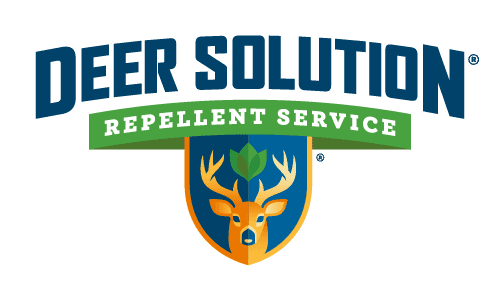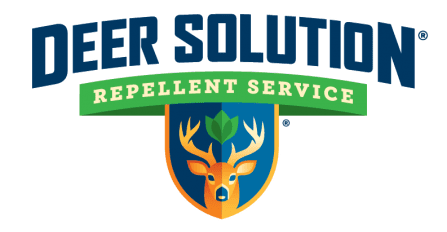Deer, with their varied dietary habits, often pose a significant challenge to gardeners trying to maintain vibrant landscapes. One common question that arises is: do deer eat coral bells? Understanding the dietary preferences of deer and implementing eco-friendly deterrent strategies can help protect your garden from these hungry visitors.
Understanding Deer and Coral Bells
Coral Bells (Heuchera species) are beloved by many gardeners for their attractive foliage and delicate flowers. These plants, native to North America, come in a variety of colors and leaf textures, making them a popular choice for adding visual interest to gardens. However, their appeal to deer can vary.
Generally, Coral Bells are considered to be less preferred by deer compared to other plants. The foliage contains compounds that are not particularly palatable to deer, and the texture of the leaves may deter browsing. However, in times of food scarcity, deer might still nibble on them. It’s important to note that while they may not be the first choice for a meal, hungry deer are not particularly fussy and will eat almost any plant if food options are limited.
Creating a Deer-Resistant Garden
To enhance the deer resistance of your garden, consider the following tips:
- Diversify Plant Selection: Incorporate a variety of deer-resistant plants into your landscape. Plants such as Lavender, Marigolds, and Ferns are known to be less appealing to deer. By diversifying your plant selection, you not only create a beautiful array of textures and colors but also a natural barrier against deer.
- Strategic Placement: Place more vulnerable plants closer to your home or in areas that are less accessible to deer. Use Coral Bells in shaded areas or as border plants where deer are less likely to venture. Strategic placement of plants can be an effective way to naturally deter deer from feasting on your prized garden.
- Regular Maintenance: Keep your garden well-maintained. Remove fallen fruits, nuts, and other deer attractants regularly to avoid enticing deer into your garden. A tidy garden is less likely to attract wildlife looking for an easy meal.
- Natural Deterrents: Use natural deterrents that align with eco-friendly practices. Certain scents and textures can deter deer from entering your garden. For example, planting garlic or onions around the perimeter of your garden can serve as a natural repellent due to their strong odors.
Eco-Friendly Repellent Services
For those looking for a more systematic approach to deer management, professional services can offer tailored solutions. These services use eco-friendly repellents designed to reduce deer damage effectively, ensuring your garden thrives without harming the environment.
Professional repellent services provide several benefits:
- Expert Knowledge: Certified experts analyze your property and develop customized plans tailored to your specific needs. They understand the behavior and feeding patterns of deer, which allows them to create effective strategies to keep your garden safe.
- Environmentally Safe: The repellents used are safe for your family, pets, and the environment, reflecting a commitment to sustainability. These repellents are often made from natural ingredients that are not harmful to the ecosystem.
- Consistent Monitoring: Regular treatments ensure continuous protection, adapting strategies as needed based on changing conditions and deer behavior. This proactive approach helps to maintain the effectiveness of the deterrents over time.
Embracing Sustainable Deer Management
While addressing deer-related landscape challenges can seem daunting, exploring sustainable solutions leads us to consider how professional services, like those offered by Deer Solution, provide tailored support for maintaining the health and beauty of your landscape. With a commitment to eco-friendly practices and extensive expertise, these services offer an effective approach to managing deer damage, allowing you to enjoy a thriving garden year-round.
Moreover, sustainable deer management is not only about protecting plants but also about coexisting with wildlife in a way that respects the natural environment. By choosing eco-friendly solutions, gardeners contribute to the preservation of local ecosystems while still enjoying the fruits of their labor. It’s a win-win situation where the beauty of the garden is preserved, and the local wildlife is respected and unharmed.
In conclusion, deer can be both a blessing and a nuisance in the landscape. While they are beautiful creatures that add to the natural splendor of the environment, their feeding habits can wreak havoc on gardens. By understanding the dietary preferences of deer, diversifying plant selection, strategically placing vulnerable plants, maintaining the garden, and using natural deterrents, gardeners can create a deer-resistant landscape. For those seeking additional support, professional eco-friendly repellent services offer expert knowledge, environmentally safe products, and consistent monitoring to protect your garden. Embracing these sustainable deer management strategies ensures that your garden remains a vibrant and thriving sanctuary for all to enjoy.








